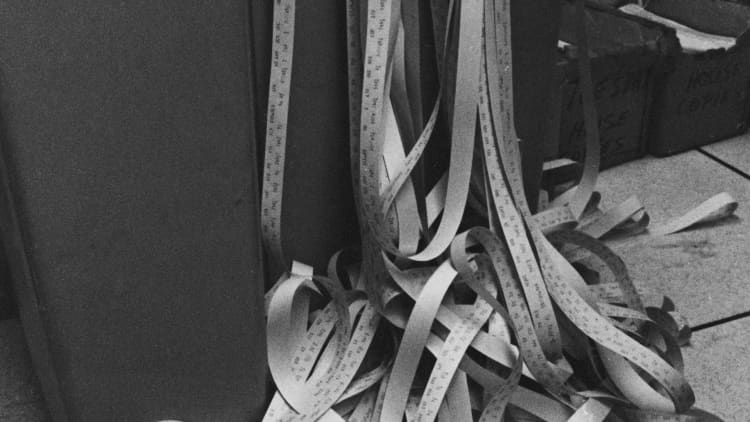Pop quiz for Millennials:
What's scarier?
a) Investing in the stock market?
b) Missing out on $3.3 million in potential retirement gains if you avoid stocks?
From a personal finance standpoint, the answer even for risk-averse Millennials is definitely "b," according to a just-released NerdWallet retirement savings analysis.
More from USA Today:
The case for investing in emerging markets
Bear market for oil sector drills energy stocks
Did home sales pace pick up in May?
Past surveys, of course, show Millennials fear stocks because prices sometimes plummet. (The market's nearly 57 percent drop in 2007-09 has a lot to do with Millennials thinking stocks are too risky.) NerdWallet's 2016 financial health survey found 63 percent of people age 18 to 34 were using savings accounts to put aside money for retirement.
But NerdWallet's latest analysis shows that when it comes to retirement savings, the far bigger financial risk facing today's younger generation is avoiding stocks altogether. Not investing in stocks comes with a big opportunity cost.
Consider NerdWallet's math: A 25-year-old that now earns the median annual income for that age ($40,456) and saves 15 percent of his or her salary with annual raises of 3.7 percent for 40 years would accumulate $4.57 million by age 65 if all the money was invested in stocks.
That's $3.3 million more than if 100 percent of the money was invested in a savings account that pays interest and over $4 million more if they stashed all their cash under their mattress, the analysis found.
"The opportunity cost of leaving a sum that large on the table," the study's authors concluded, "could be a bigger risk to Millennials than stock market volatility."
Says Arielle O'Shea, investing and retirement specialist — and study co-author — at NerdWallet: "Most people who cover finance knew there would be a big (return) gap between (stocks and cash), but the most surprising takeaway is how big the gap is: $3.3 million is huge."
(The NerdWallet analysis assumed that financial market returns and interest rates wouldn't veer far off from historical averages. It also assumes market conditions will be similar to the just-ended 40-year period. The 100 percent stock investment was in the broadly diversified Standard & Poor's 500 stock index with annual fees of 0.7 percent, while the savings account investment was tied to the three-month U.S. Treasury.)
The reason stocks are the better long-term investment is that they have posted bigger returns over the long haul. In the NerdWallet analysis, large-company stocks in the S&P 500 gained 10.96 percent annually, on average, over the past 40 years, and that includes market meltdowns during the Great Recession and dot-com stock crash in 2000. In contrast, the proxy for cash returned just 4.6 percent per year.
Like any forward-looking analysis, there are caveats. For one, there's no guarantee the next 40 years will be as bullish for the stock market as the past 40. And saving 15 percent of one's income year after year for four decades might not be feasible for everyone.
Still when it comes to millennials and investing, time is their friend, not their enemy, O'Shea says.
"The study shows that if you get in early and stay in the market — despite some of the bad times — you will come out on top," she says, adding that the analysis did not include more risky investment activities such as day trading.
After running more than 10,000 possible investment scenarios, the NerdWallet analysis found that there was a 95 percent chance that stock investors would accumulate at least $1.67 million, or nearly three times their initial investment. "That's a pretty good deal," says O'Shea.
Like this story? Like CNBC Make It on Facebook
Don't miss: This is the key lesson Warren Buffett learned from buying his first stock at age 11


